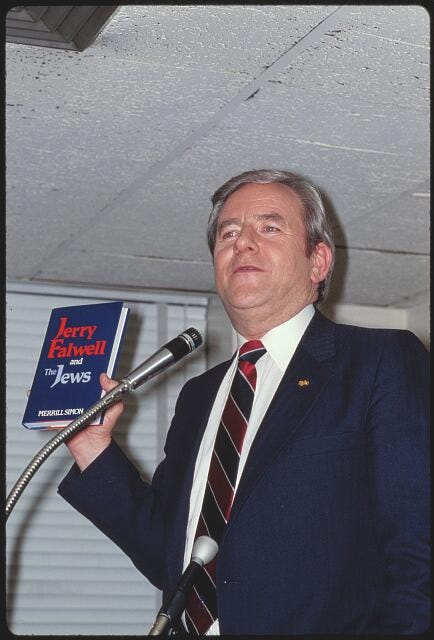Religion in the abortion debate
Several books show importance of church within both anti-abortion and abortion rights movements
I read several books recently that are worth discussing. The first was Sacred Work: Planned Parenthood and Its Clergy Alliances, which was written by Tom Davis, an ordained minister and lifelong supporter of reproductive rights. Davis talks about how Margaret Sanger-despite being an avowed humanist--courted organized religions by writing letters to reverends and seeking congregations to speak to. She created a council of religious leaders that advised Planned Parenthood on how to form church-based partnerships, something the organization has done at its most effective moments.
Another good book to read about religion and its shift away from liberalism is One Nation Under God: How Corporate America Invented Christian America, by Kevin Kruse. In it, Kruse discusses how industrialists took the American theological tradition of helping the poor and made it more about free enterprise and profit-making. One of the more fascinating aspects was that they held sermon contests to make reverends give to their congregation and submit for financial reward—obviously influencing the rhetoric and philosophy behind it. The demonization of female sexuality was covered in part in it, but it wasn’t the focus.
With God on Our Side: The Rise of the Religious Right, by William Martin, described how the antiabortion movement struggled to get its footing within non-Catholic churches until it was connected to the desire to segregate schools. In the 1970s, many Christian fundamentalists wanted to do that, but the Supreme Court ruled private schools couldn’t keep their tax-exempt status if they discriminated on the basis of race. Following that, along with the theological underpinning provided by Francis Schaeffer, the antiabortion movement took off with organizations like the Moral Majority and the Christian Coalition of America. Martin details Operation Rescue’s rise as well.




